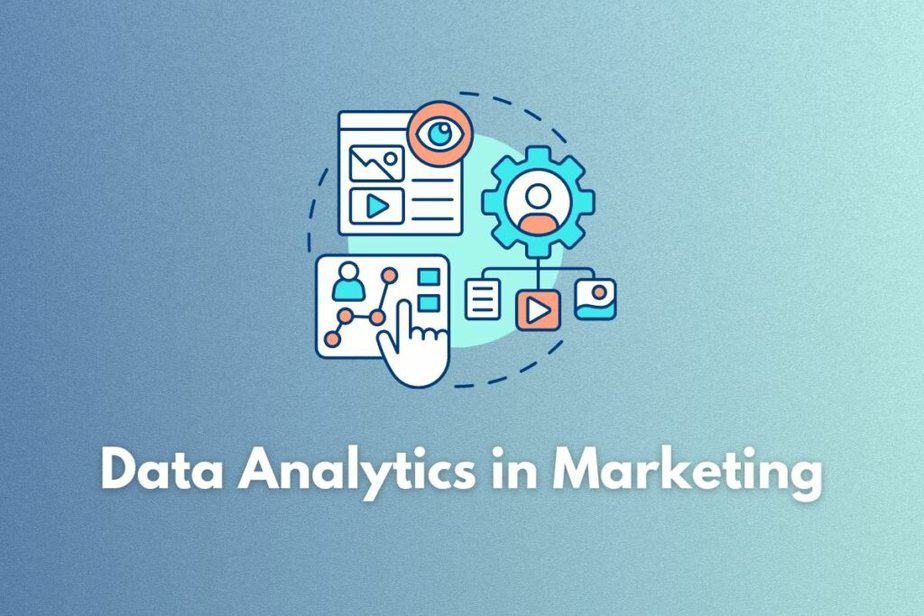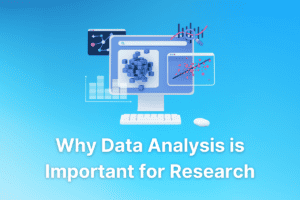How to Utilize Data Analytics in Marketing
We’re reader-supported; we may earn a commission from links in this article.
Marketing is an ever-evolving field that has undergone significant transformation in recent years.
Marketers have realized that data analytics can help them better understand customers and drive sales.
In this blog post, we will discuss some of the exciting use cases of data analytics in marketing and how it can significantly improve your business’s bottom line.
How to Utilize Data Analytics in Marketing?

Marketing can benefit a lot from good data analytics practices. Here are a few that you should consider:
1. Personalization of Marketing Campaigns
Data analytics can help you personalize your marketing campaigns and optimize them according to your target audience’s preferences.
You can use data analytics tools to monitor customer journeys, preferences, and buying behavior. With this information, you can deliver customized messages, products, and services to the right people at the right time.
Personalizing your marketing campaigns can lead to higher conversion rates, increased customer loyalty, and ultimately drive sales.
2. Identifying and optimizing marketing channels
Data analytics can help you identify the most effective marketing channels for your business and optimizing them.
You can track customer response rates and engagement on each channel and make informed decisions about where to allocate your resources. Identifying the right marketing channels can significantly reduce your marketing costs while still achieving your goals.
3. Predictive analytics for marketing insights
Predictive analytics can help you predict what customers are more likely to purchase in the future and identify the most effective marketing strategies to target them.
This can help you to stay ahead of your competitors by making informed decisions on marketing and sales strategies.
Predictive analytics can help you increase the success rate of your marketing campaigns by targeting the most potential customers.
4. Customer analysis and segmentation
Data analytics can help you to understand customers better by performing customer analysis and segmentation.
This approach identifies the specific demographics, psychographics, and behaviors of your customers, making it easier to target them in marketing campaigns.
Customer segmentation can also help you gain insight into customer groups, such as those more likely to make large purchases, loyal customers, etc.
By understanding your customers better, you can provide excellent customer experiences, foster customer loyalty, and improve customer retention.
5. Marketing automation and attribution
Marketing automation can help you automatically execute marketing campaigns and analyze performance metrics.
Automatic execution reduces the possibility of human error, and analyzing performance allows you to understand the effectiveness of your campaigns.
With marketing attribution, you can identify the most effective marketing campaigns by analyzing marketing data. By knowing the most effective campaigns, you can scale up the campaigns and drive more sales.
Conclusion
As a marketer, leveraging data analytics can be a game-changer in your business.
By personalizing marketing campaigns, identifying and optimizing marketing channels, performing predictive analytics, customer analysis, and leveraging marketing automation, businesses can stay ahead of their competition.
Data analytics can help companies generate insights to improve their business’s overall performance, improve customer satisfaction, foster customer loyalty, and drive more sales.

Justin Chia
Justin is the author of Justjooz and is a data analyst and AI expert. He is also a Nanyang Technological University (NTU) alumni, majoring in Biological Sciences.
He regularly posts AI and analytics content on LinkedIn, and writes a weekly newsletter, The Juicer, on AI, analytics, tech, and personal development.
To unwind, Justin enjoys gaming and reading.



